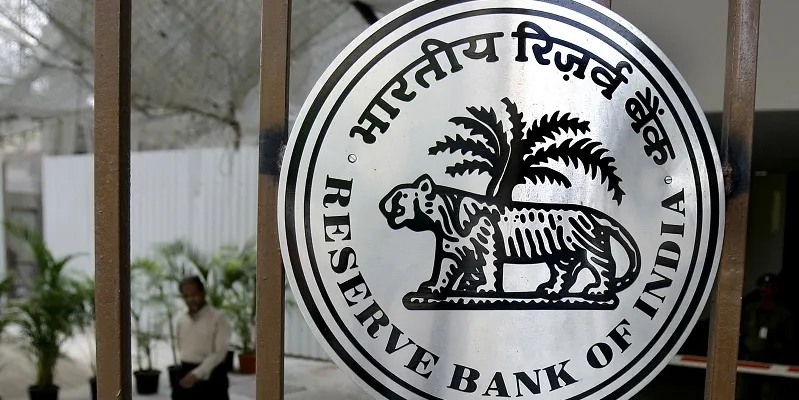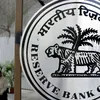RBI allows fintech companies, financial institutions to set up a regulatory sandbox
A regulatory sandbox usually refers to live testing of new products or services in a controlled/test regulatory environment for which regulators may (or may not) permit certain relaxations for the limited purpose of the testing.
The RBI on Tuesday permitted startups, banks and financial institutions to set up regulatory sandbox (RS) for live testing of innovative products in areas like retail payments, digital KYC, and wealth management.
RS usually refers to live testing of new products or services in a controlled/test regulatory environment for which regulators may (or may not) permit certain relaxations for the limited purpose of the testing.
The RS allows the regulator, innovators, financial service providers, and customers to conduct field tests to collect evidence on the benefits and risks of new financial innovations, while carefully monitoring and containing their risks.

Image: AFP
Releasing the 'enabling framework for regulatory sandbox', the RBI said the RS fosters 'learning by doing' on all sides and regulators obtain first-hand empirical evidence on the benefits and risks of emerging technologies and their implications.
This will enable authorities to take a considered view on the regulatory changes or new regulations that may be needed to support useful innovation, while containing the attendant risks.
Users of an RS can test the product's viability without the need for a larger and more expensive roll-out, if the product appears to have the potential to be successful. This is another major benefit of such exercise.
On risks and limitations of RS, the RBI said innovators may lose some flexibility and time in going through the sandbox process. However, running the RS in a time-bound manner at each stage can mitigate this risk.
"The target applicants for entry to the RS are fintech companies, including startups, banks, financial institutions and any other company partnering with or providing support to financial services businesses...," the RBI said on eligibility criteria for RS.
The focus of the RS will be to encourage innovations intended for use in the Indian market in areas where there is absence of governing regulations and there is a need to temporarily ease regulations for enabling the proposed innovation.
"The RS may run a few cohorts (end-to-end sandbox process), with a limited number of entities in each cohort testing their products during a stipulated period.
"The RS shall be based on thematic cohorts focussing on financial inclusion, payments and lending, digital KYC.
The cohorts may run for varying time periods but should ordinarily be completed within six months," the central bank said.
Further details in respect of the cohorts and the window for submission of applications would be announced later, it added.
Innovative products/services that could be considered for RS include retail payments, money transfer services, marketplace lending, digital KYC, financial advisory services, wealth management services, and digital identification services.
The RBI further said mobile technology applications, data analytics, application program interface (APIs) services, applications under blockchain technologies, and artificial intelligence, and machine learning applications too could be considered for testing under RS.
The guidelines also said the sandbox entity will be required to ensure that any existing obligations to the customers of the financial service under experimentation are fulfilled or addressed before exiting or discontinuing the RS.
(Edited by Evelyn Ratnakumar)









